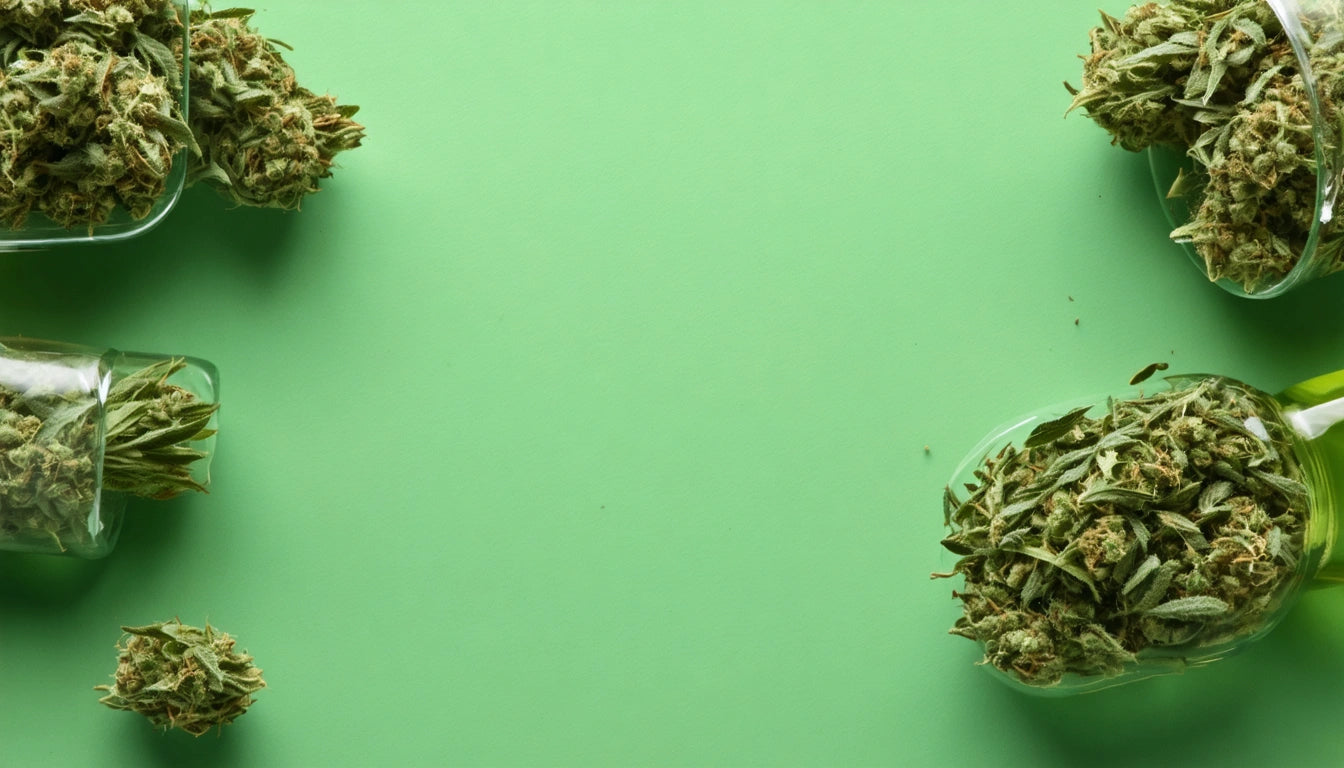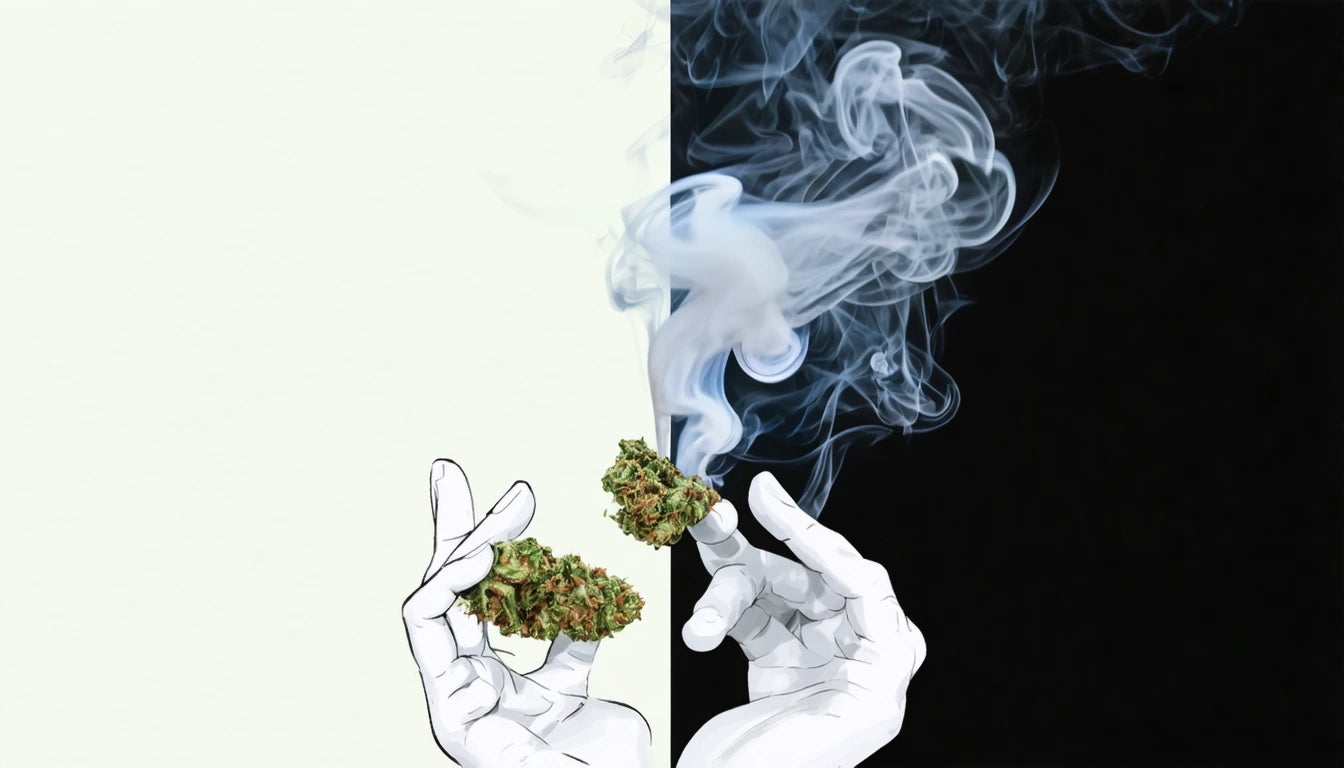Table of Contents
- What is THCA Hemp? Understanding the Basics
- Hemp vs THCA: Key Differences and Similarities
- How THCA is Made from Hemp: Production Process
- THCA Hemp Flower: Properties and Characteristics
- Legal Considerations for THCA Hemp Products
- Safety and Packaging Requirements for THCA Products
- Future Applications and Industry Developments for THCA Hemp
Understanding THCA in Hemp: Production, Comparison, and Uses
The cannabis industry continues to evolve with innovative products and compounds entering the market. Among these developments, THCA hemp has emerged as a significant area of interest for consumers, producers, and researchers alike. This comprehensive guide explores what THCA hemp is, how it compares to traditional hemp, production methods, and its various applications.
What is THCA Hemp? Understanding the Basics
THCA (tetrahydrocannabinolic acid) is a non-psychoactive cannabinoid found naturally in raw cannabis and hemp plants. THCA is the precursor to THC, which forms when the plant material is exposed to heat through a process called decarboxylation. What makes THCA hemp distinctive is its high concentration of THCA while still technically qualifying as hemp under federal guidelines.
When people refer to "what is THCA hemp," they're typically discussing hemp plants that have been selectively bred or manipulated to produce elevated levels of THCA while maintaining federally compliant total THC levels prior to decarboxylation.
Hemp vs THCA: Key Differences and Similarities
The distinction between hemp and THCA-rich cannabis involves several important factors:
- Legal definition: Hemp is legally defined as cannabis containing no more than 0.3% delta-9 THC on a dry weight basis. THCA itself isn't specifically limited in hemp, creating a regulatory gray area that some producers have utilized.
- Cannabinoid profile: Traditional hemp is typically rich in CBD with minimal THC/THCA content. THCA hemp varieties contain significantly higher THCA levels.
- Effects and uses: Standard hemp is primarily used for CBD extraction, fiber, and industrial applications. THCA hemp is cultivated mainly for its potential therapeutic benefits associated with THCA.
The comparison between hemp-derived compounds and marijuana-derived compounds continues to be an important topic as regulations evolve.
How THCA is Made from Hemp: Production Process
Understanding how THCA is made from hemp involves several methodologies:
Selective Breeding
Cultivators have developed specialized hemp genetics that naturally produce higher THCA levels while still meeting the legal definition of hemp at harvest time. These selective breeding programs focus on maximizing THCA production while keeping delta-9 THC below the legal threshold.
Cultivation Techniques
Specific growing conditions can influence THCA production in hemp plants. Factors such as light cycles, nutrients, and harvest timing all play crucial roles in maximizing THCA content while maintaining compliance with hemp regulations.
Extraction Methods
For concentrated THCA products, various extraction techniques are employed:
- Cold extraction methods that preserve the acidic form of cannabinoids
- Solvent-based extractions using ethanol or CO2
- Mechanical separation techniques that isolate trichome-rich portions of the plant
These processes must be carefully controlled to prevent decarboxylation, which would convert THCA to THC and potentially create compliance issues.
THCA Hemp Flower: Properties and Characteristics
THCA hemp flower refers to the dried, cured buds of hemp plants containing elevated THCA levels. When exploring what is THCA hemp flower, several distinctive properties emerge:
Visual Appearance
THCA-rich hemp flower often resembles traditional cannabis with dense, resinous buds covered in trichomes. Varieties like Grado hemp have gained popularity for their appearance and cannabinoid profile that closely resembles high-THC cannabis while technically qualifying as hemp.
Cannabinoid Content
The defining characteristic of THCA hemp flower is its cannabinoid distribution. These products typically contain:
- High THCA percentages (often 10-25%)
- Less than 0.3% delta-9 THC (to maintain hemp status)
- Variable levels of CBD, CBG, and minor cannabinoids
Terpene Profiles
THCA hemp flower varieties offer diverse terpene profiles similar to traditional cannabis, contributing to their aroma, flavor, and potential effects when used. Common terpenes include myrcene, limonene, caryophyllene, and pinene.
Legal Considerations for THCA Hemp Products
The legal status of THCA hemp products exists in a complex regulatory environment:
- Federal law defines hemp based on delta-9 THC content, not THCA
- Some states have implemented additional regulations addressing THCA content
- The 2018 Farm Bill created the framework for legal hemp but left significant gray areas regarding cannabinoid derivatives
This regulatory complexity has led to varying interpretations and enforcement approaches across different jurisdictions. Consumers and businesses should research current local regulations before purchasing or selling THCA hemp products.
Safety and Packaging Requirements for THCA Products
As with all cannabis products, proper packaging and safety measures are essential for THCA hemp items. Protective packaging standards require that products containing cannabinoids use child-resistant designs to prevent accidental ingestion, similar to requirements for pharmaceuticals and household chemicals.
Proper packaging for THCA products typically includes:
- Child-resistant containers or mechanisms
- Tamper-evident features
- Clear labeling of contents and potency
- Batch tracking information
- Warning statements and usage instructions
These safety measures are particularly important as THCA products can decarboxylate into THC when exposed to heat, potentially creating psychoactive effects if misused.
Future Applications and Industry Developments for THCA Hemp
The THCA hemp sector continues to evolve with several promising developments on the horizon:
Research Expansion
Scientific interest in THCA's therapeutic potential is growing, with studies examining its possible anti-inflammatory, neuroprotective, and antiemetic properties. This research may lead to new medical applications and products.
Product Innovation
The market is seeing rapid innovation in THCA hemp products, including:
- Specialized THCA tinctures and topicals
- Flash-frozen fresh hemp products that preserve THCA
- Novel consumption methods designed to utilize THCA without decarboxylation
Regulatory Evolution
As the industry matures, more defined regulations specifically addressing THCA in hemp are likely to emerge. This regulatory clarity will shape the future landscape of THCA hemp production and distribution.
The ongoing development of THCA hemp represents another facet of the cannabis plant's versatility and the industry's innovation. As research continues and regulations evolve, we can expect to see further refinement in how THCA hemp is produced, marketed, and utilized by consumers seeking its unique properties.











Leave a comment
All comments are moderated before being published.
This site is protected by hCaptcha and the hCaptcha Privacy Policy and Terms of Service apply.